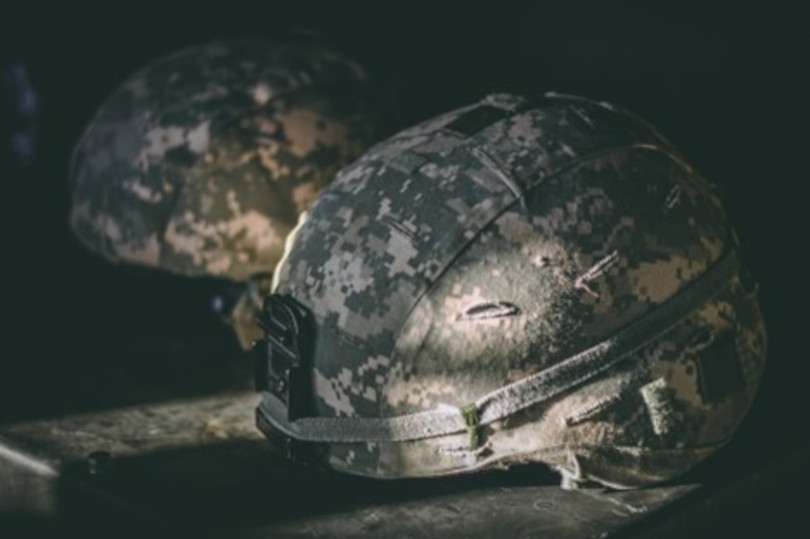In the annals of history, there exist chapters that force us to confront the unfathomable depths of human brutality. Regrettably, the United States military, with all its might and power, has its own dark corners tainted by unspeakable war crimes. These horrific acts, perpetrated by a few, shatter the very essence of our humanity and leave an indelible stain on the conscience of a nation. In this article, we unflinchingly delve into the abyss of US military war crimes, unveiling the haunting brutality that has forever scarred the lives of countless innocent victims.
My Lai Massacre: A Cold-Hearted Mass Slaughter
Words fail to capture the chilling brutality of the My Lai Massacre, a grim chapter etched into the soul of the Vietnam War. In the depths of March 1968, US Army soldiers from the Americal Division descended upon the peaceful village of My Lai, unleashing an unparalleled wave of carnage. Without mercy or remorse, they systematically executed over 500 unarmed Vietnamese civilians—men, women, children, and the elderly. Rape, torture, and mutilation further dehumanized those who fell victim to their rage. The veil of humanity was utterly shattered as the world stood witness to the depths of this abomination.
Abu Ghraib Prison Abuse: A Desecration of Human Dignity
Within the walls of Abu Ghraib prison during the Iraq War, humanity crumbled, and the very essence of human dignity was desecrated. In the haunting photographs that emerged, the faces of horror stared back at us. Iraqi detainees, stripped of their clothes, stripped of their humanity, subjected to sadistic acts of torture and degradation. The chilling images of hooded prisoners piled in pyramids, wired with electrodes, and subjected to sexual humiliation sear into our collective consciousness, forever tarnishing the moral fabric of a nation that once stood for justice and freedom.
Kunduz Hospital Airstrike: Lives Lost to Indiscriminate Fire
In the chaos of war, amidst the rubble and the cries for help, there is an implicit trust in the sanctity of hospitals, places meant to heal and provide solace. However, in 2015, that trust was shattered when a US airstrike tore through the walls of a Doctors Without Borders hospital in Kunduz, Afghanistan. The deafening roar of the explosion was accompanied by the wails of 42 innocent souls, including dedicated medical professionals and vulnerable patients. Their lives were extinguished, their dreams and hopes reduced to ash. The relentless bombardment left no room for mercy, and the world recoiled in horror at this callous act of indiscriminate violence.
Haditha Massacre: Unleashing Unspeakable Terror
In the dusty town of Haditha, Iraq, the darkness of war birthed an unimaginable terror. In 2005, a group of US Marines, driven by vengeance, unleashed their fury upon unarmed Iraqi civilians. Men, women, children, and the elderly fell victim to an indiscriminate rampage, as bullets pierced the air and shattered lives. The stark reality of the Haditha Massacre, where 24 innocent souls were mercilessly cut down, epitomizes the unchecked violence that ensues when the line between right and wrong blurs. This brutal act stands as a grim reminder of the fragility of humanity in the face of the horrors of war.
The Path to Redemption
As we confront the unsettling reality of US military war crimes, we must look deep within ourselves and acknowledge the darkness that can fester in even the mightiest institutions. The My Lai Massacre, Abu Ghraib Prison Abuse, Kunduz Hospital Airstrike, and the Haditha Massacre are not mere footnotes in history—they are stark reminders of the brutal consequences of unchecked power and moral erosion.
It is only through sincere introspection, rigorous accountability, and unwavering commitment to justice that we can begin to heal the wounds inflicted by these atrocities. The path to redemption lies in embracing the humanity within us, standing united against such horrors, and demanding a future where the horrors of war crimes are nothing but a haunting memory of a past we vow never to repeat.


